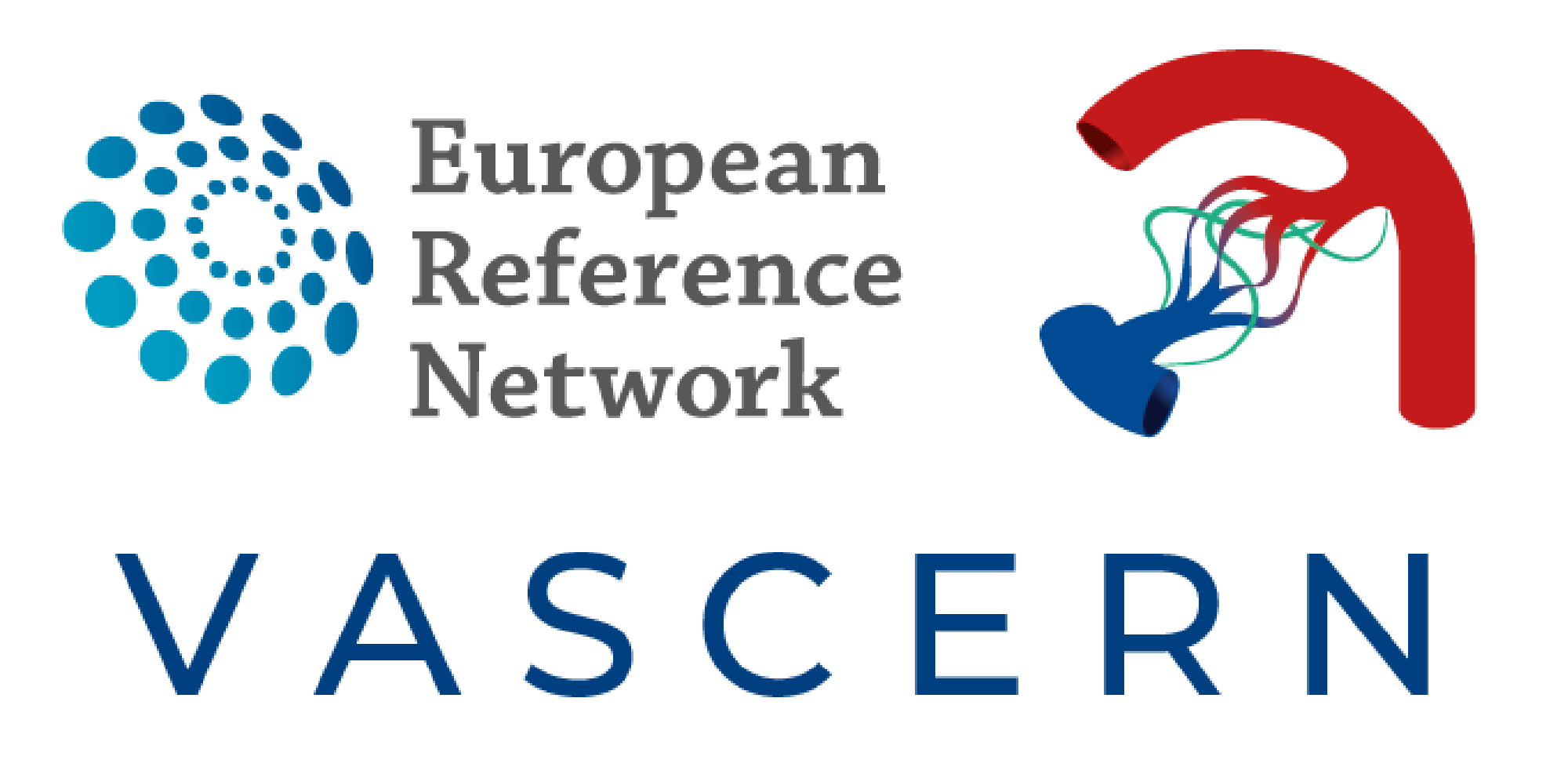The VASCERN Medium Sized Arteries Working Group (MSA WG) held its productive spring meeting in Paris on April 18, 2024, bringing together leading experts to discuss ongoing projects and future initiatives to improve the understanding and treatment of vascular Ehlers-Danlos syndrome. The meeting featured a robust agenda filled with critical discussions on current and future projects.
The day began with a session led by Michael Frank (Chair of the MSA WG) that focused on the Delphi study to validate a questionnaire designed to gather expert opinion on the treatment and management of vascular Ehlers-Danlos syndrome. This session was crucial in refining the survey, which will be distributed to a selected list of potential respondents across Europe to ensure comprehensive feedback on best practices in the field.
Gloria Somalo (VASCERN Education and Scientific Officer) then led the discussion on the VASCERN Summer School Erasmus Program, where the group validated the upcoming program and sought volunteers for various sessions. This initiative is expected to significantly improve the training and awareness of young medical professionals.
Michael Frank and Yaël Glin (VASCERN Project Officer) led a critical session for the final validation of the MSA e-learning module, which promises to be an important educational resource for healthcare professionals. Julie Hallac (VASCERN Project Manager) updated the group on VASCERN’s latest project and financial aspects, which are crucial for the continuity and expansion of the network’s initiatives. This was followed by an update from Pim Kamerling on the MSA registries, which are essential for tracking patient outcomes and improving treatment protocols.
Participants enjoyed a coffee break and lunch, which provided an opportunity for informal networking and discussion. The afternoon sessions included updates from ePAG (European Patient Advocacy Group) by Eva Collado and Claire Guerrier (ePAG Co-Chair and Deputy Co-Chair), who presented the latest achievements and ongoing efforts of the patient advocacy group to support patient communities. The group then discussed the development of emergency cards, a critical resource aimed at providing immediate and essential information to emergency responders treating patients with vascular Ehlers-Danlos syndrome.
In a brainstorming session, participants discussed the potential of converting Pills of Knowledge (PoKs) videos into animated videos, new webinar topics, and translating materials to increase accessibility and engagement.
The Spring Meeting was a resounding success, highlighting the commitment and progress in understanding and treating vascular Ehlers-Danlos syndrome.

